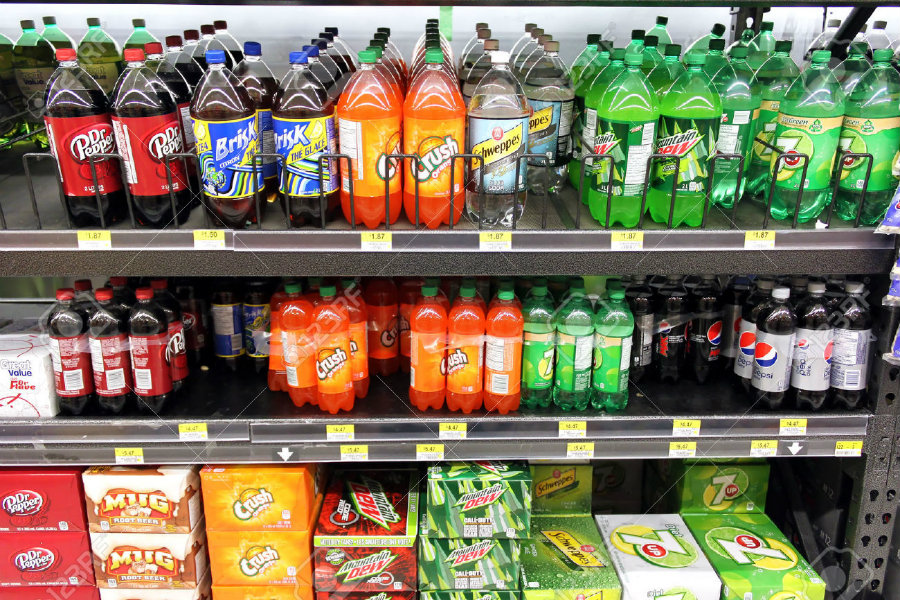The World Health Organization (WHO) will support countries worldwide that put a “sugar tax” on soft drinks.
The announcement comes after WHO released a new report which concluded that putting a tax of around twenty percent on soft drinks decreased the drinks’ consumption and “improved nutrition.”

The ‘Sugar Tax’
Countries like Hungary or Mexico have been applying a special tax to sugar added products, while South Africa will begin doing so in 2017. WHO has stated they are aiming to lower sugar consumption, in hopes of decreasing worldwide incidences of tooth decay, diabetes, and obesity.
This tax only applies to added sugars, not those found naturally in milk, fruit, and other products. Francesco Branca, the organization’s nutrition director, says that people “don’t need any sugar in their diet”.
WHO has a recommending sugar intake should be below five percent of somebody’s total calorie intake, and a maximum of ten percent of the total calorie intake. Nonetheless, the tax should be applied to products that have “healthier alternatives” available.
Decreasing the cost of vegetable and fruits through government subsidies also helps increase the amount of consumption of these natural products. The organization is also working towards applying the same kind of tax to other low-nutritional products that contain trans fats, salt, and saturated fats.
Sugar is not good for the body
According to a study published back in 2014 in the journal JAMA Internal Medicine, sugar hurts the human body in a worse way than previously believed. For a long time, sugar was considered another “check” on the list of unhealthy diets. Now, however, is regarded as an independent factor risk for chronic diseases, such as diabetes and cardiovascular disease.
Laura Schmidt, a professor of health policy at the School of Medicine at the University of California at San Francisco, agreed with the study saying that sugar is “more dangerous” than it is usually thought since it does not only give “empty calories” but also can make a person “sick.”
At the same time, added sugar is “far more damaging” that natural sugar, which can be found in milk and fruits. This “artificial” sugar is added to processed foods, especially soft drinks, but also in box cereal, fruit juices, dairy desserts, all type of candy, ice cream and other sweet treats.
The American Beverage Association responded to the study’s authors by stating that the adult consumption of added sugars in the United States has shown a steady decline, information backed up by the Centers for Disease Control and Prevention.
“A significant part of that reduction is from decreased added sugars from beverages due, in part, to our member companies’ ongoing innovation in providing more low- and no-calorie options. Furthermore, this is an observational study which cannot – and does not – show that cardiovascular disease is caused by drinking sugar-sweetened beverages,” claimed the Association through a statement.
Source: BBC
